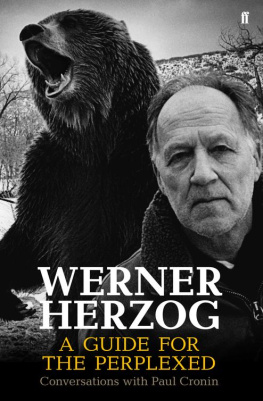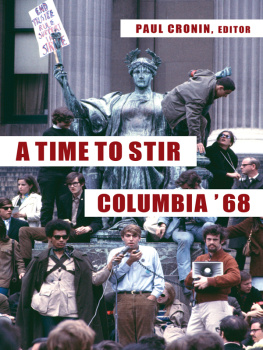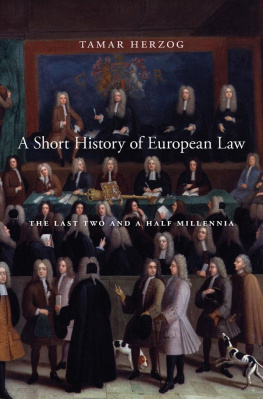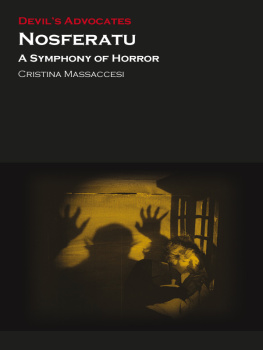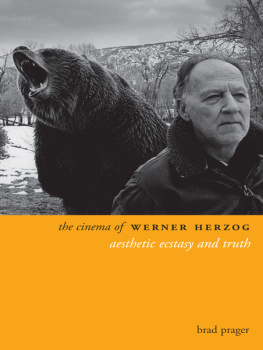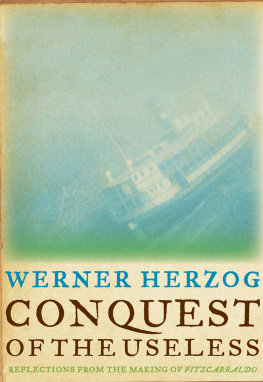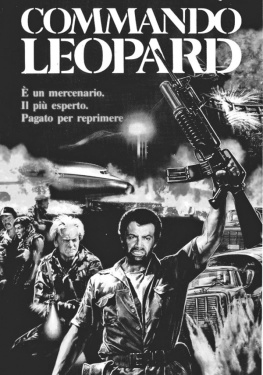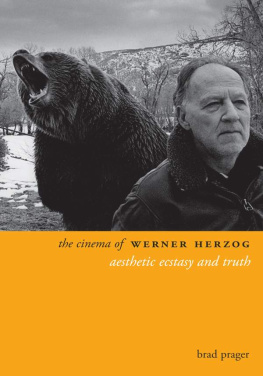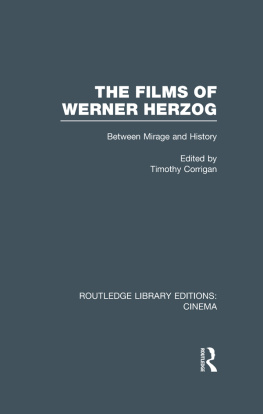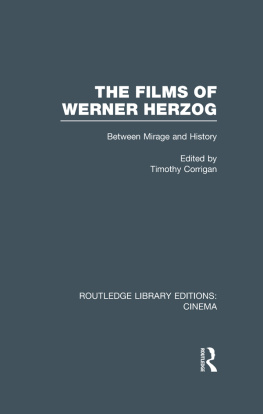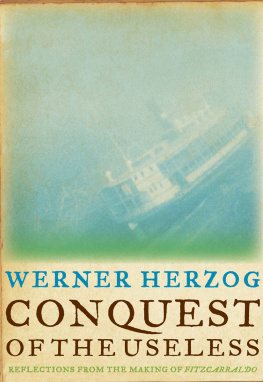Contents
Foreword
by Harmony Korine
Visionary Vehemence
by Paul Cronin
1
The Shower Curtain
A Lost Western, Herakles, Game in the Sand, The Unprecedented Defence of the Fortress Deutschkreuz
2
Blasphemy and Mirages
Signs of Life, Last Words, Precautions Against Fanatics, The Flying Doctors of East Africa, Fata Morgana, Even Dwarfs Started Small
3
Adequate Imagery
Handicapped Future, Land of Silence and Darkness, Aguirre, the Wrath of God
4
Athletics and Aesthetics
The Great Ecstasy of Woodcarver Steiner, No One Will Play with Me, The Enigma of Kaspar Hauser, Heart of Glass
5
Legitimacy
How Much Wood Would a Woodchuck Chuck , Stroszek, La Soufrire, Nosferatu the Vampyre, Woyzeck
6
Defying Gravity
Gods Angry Man, Huies Sermon, Fitzcarraldo, Ballad of the Little Soldier, The Dark Glow of the Mountains
7
Going Rogue
8
Reveries and Imagination
Where the Green Ants Dream, Cobra Verde, Les Franais vus par Les Gauloises, Wodaabe: Herdsmen of the Sun, Echoes from a Sombre Empire, The Eccentric Private Theatre of the Maharaja of Udaipur, Scream of Stone
9
Fact and Truth
Lessons of Darkness, Bells from the Deep: Faith and Superstition in Russia, The Transformation of the World into Music, Death for Five Voices, Little Dieter Needs to Fly, Wings of Hope
10
Fervour and Woe
My Best Fiend, The Lord and the Laden, Pilgrimage, Invincible, Ten Thousand Years Older, Wheel of Time, The White Diamond
11
Blowing the Fuses
Grizzly Man, The Wild Blue Yonder, Rescue Dawn, Encounters at the End of the World, Bad Lieutenant: Port of Call New Orleans
12
The Song of Life
La Bohme, My Son, My Son, What Have Ye Done, Cave of Forgotten Dreams, Happy People: A Year in the Taiga, Ode to the Dawn of Man, Into the Abyss: A Tale of Death, a Tale of Life, On Death Row, From One Second to the Next
Ten Poems
by Werner Herzog
Thinking about Germany
by Werner Herzog
The Minnesota Declaration
by Werner Herzog
Shooting on the Lam
by Herbert Golder
Afterword
by Lawrence Krauss
Foreword
by Harmony Korine
werner herzog hates chickens. this is a fact. this is a consistent theme throughout his films. it is clear to me that he hates chickens, and this is one of the reasons why he has always been my favorite film director. i too hate chickens. the first time i saw even dwarfs started small i knew i wanted to make films. i had only experienced this once before, when as a boy i watched a w. c. fields movie marathon next to a man dying of emphysema. i could not imagine what type of human being could come up with such insane ideas. i could not understand how these dwarfs could laugh so intensely throughout the film. after getting to know the great man it is obvious where he gets his ideas. he gets them from a deep place where formal logic and academic thinking need not exist. he is a pure artist and maniac and there will never be another one like herzog. he has invented his own cinematic universe where out of chaos and detritus come moments of pure poetry and the deepest enlightenment. herzogs influence cannot be denied. he is a true icon of cinema. he is a foot soldier. he is not a chicken.
Visionary Vehemence
Ten Thoughts about Werner Herzog
Life is about oneself against the world.
Paul Bowles
Assiduity is the sin against the holy spirit.
Only ideas won by walking have any value.
Nietzsche
An artist is a creature driven by demons. He doesnt know why they choose him and hes usually too busy to wonder why.
William Faulkner
The only way to stop smoking is to stop smoking.
Werner Herzog
I met Werner Herzog for the first time in the plush sitting room of a stylish central London hotel. We spent a couple of hours circling each other, in discussion about collaboration on an interview book. I returned the following morning, to continue our chat over breakfast. Would Herzog go for the idea? All things considered, he said slowly but firmly, before carefully placing his buttered toast onto his plate, pausing for half a minute, taking an unhurried mouthful of coffee, and looking me squarely in the eye, its best I co-operate with you. A sigh of relief. But there is one thing I want to do while Im in town this week.
Anything.
I want to see Arsenal play.
The next day I enter new territory, wander down some dark alley, and scalp a handful of tickets. A week later I am in a pub in Upton Park drinking Guinness with Werner and Lena, his wife, having just seen West Ham play the Gunners (I dont remember who won). Number 26 is a very intelligent player, says Werner. Who is he? This is not a question I am able to answer, so Werner turns to the portly, slightly inebriated gentleman and his mates standing next to us, and asks again. Thats Joe Cole, we are told. One of the best there is. Only eighteen years old. Yes, says Werner. A few weeks later, one bright early morning, Werner and I are sitting in the living room of his modest, airy Los Angeles home, tucked away in the Hollywood Hills, watching Bayern Munich play AC Milan on television. Its a crucial match for both. Tension is high. Werner chain-smokes nervously and we snack on Doritos. Munich equalise with the last touch of the game. It bodes well for the first of our conversations that will become this book.
It isnt easy to say if the following the closest well get to a Herzog autobiography does Werners life and work justice. I have often thought about how this book might read if I had interviewed him every couple of years from the start of his career (practically speaking, not possible, since I wasnt born until about a decade in). How differently would Werner appear on paper? Memory being what it is, would these pages be filled exclusively with anecdotes about filming amidst this or that landscape rather than, as many usefully do, focusing on perennial ideas and principles? Does the distance that time has given Herzog from much of his work (its more than fifty years, sixty films and a handful of books since A Lost Western) make for a more contemplative overview?
I can definitively say two things. First, Werners memory is a good one. His most conspicuous acting job, and one of his most recent, was in the 2012 Tom Cruise shoot-em-up Jack Reacher, filmed in Pittsburgh. One afternoon during production, Werner rented a car and took the time to drive several miles out into the nearby countryside where, fifty years earlier, he spent a few months. Despite not having been in the city since the early sixties, and though it involved a complicated route from downtown, he immediately found the house he was looking for. I recognised it all, says Werner, to the point where I was struck by a new configuration of concrete stairs that curved down to the garage. Herb Golder, professor of classics at Boston University and trusted confidant on several Herzog films, recalls a production meeting for Wings of Hope at a hotel in Lima. Werner drew from memory a map of the territory that pertained to the story, an area of the densest jungle imaginable, which he hadnt seen in twenty-seven years, including the crash site and the Pachitea tributary, snaking off to the Sungaro and Shebonya, feeding the Yuyapichis. When we compared Werners map with an actual map the next day, we discovered that his reconstruction of the topography was almost perfect. I still have that sketched map of his, and look at it now and again, as I consider it a blueprint of the feeling for landscape and sense of space necessary for great filmmaking.


